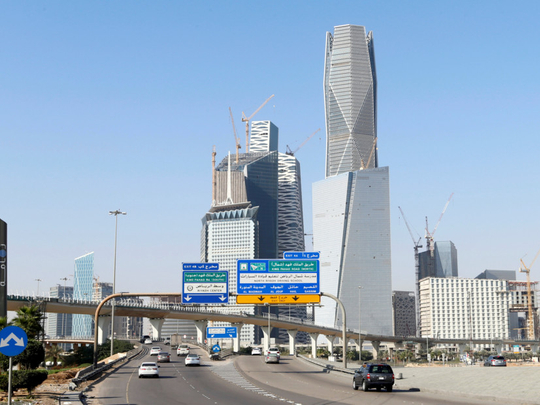
Saudi Arabia, over the last decades, had adopted certain laws that had no basis in religion. These laws were primarily fuelled by the ultra-conservative clerics who sought to spread their extremely narrow interpretations of the Quran and Sharia as a law that all had to live by.
Over the three last decades of the 20th century, Saudi clerics had a predefined view for everything. And sometimes the justification for such rulings put us at the receiving end of jokes and criticism from the rest of the world.
For example, why was it un-Islamic for a woman to drive? Throttling that right for women existed until very recently.
In fact, as recently as eight years ago, AP reported that a document by a well-known academic was sent to the Shura Council claiming that allowing women to drive would ‘threaten the country’s traditions of virgin brides.’ The inference was that driving would allow greater mixing of genders and could promote obscenity.
Another bizarre rule forbade girls and women from physical activity and doing exercises in public. Notwithstanding the fact that the rate of diabetes had dramatically crept up in a largely staid society, clerics insisted that exercise and sports in girls’ schools or gyms for women had no place in the country with some claiming that it would damage the reproductive organs of girls. While the rest of the Islamic world had set no such boundaries, we were, after all, a special society, or so we were told.
Summer heat
Additionally, there were other rules written into our books, that indeed one was severely restricted in many ways. There are some leftovers from previous decades, and they are being hotly debated by the public and even the Shura Council weighs in. While the male guardianship laws have yet to be tabled for debate at the legislative council, another restrictive law is being considered for review.
It involves the closure of shops and other commercial establishments during the five daily prayers. This ruling has come under increasing fire in recent times on social media as a young population and a fast-moving one simply does not have the time to wait for 30 to 45 minutes while places are closed up. Proponents for abolishing the law insist that there is nothing Islamic about it. Indeed, from my knowledge of Islamic laws, the closure was only dictated during the Friday afternoon prayers.
Others argue that closure of these places does not lead everyone to prayers. Quite often, they claim, you would notice the staff sitting outside their closed shops smoking, checking their mobile phones, or simply having an idle chat. The rule has, in fact, encouraged many employers to hurry their staff out before the call to prayers is announced so that the lights are turned down and the establishment is closed, while the employees enjoy a good long break. The public’s frustration is more evident especially during summer months when women are dropped off at shops only to be booted out shortly before prayer calls and have to withstand the full force of the hot summer sun, while cloaked in a long dark robe. Keeping businesses open will not stop people from performing their religious rites. They can still do it, with half of the staff taking turns.
There are yet other calls to bring change about this ruling progressively. Start with eliminating the need for pharmacies and gas stations to close, and let their staff work on rotation, while not skipping prayers. It is essential that pharmacies and fuel stations stay open during normal hours because there might be an emergency.
Just as the rulings on cinemas, entertainment, women driving and working, many today are increasingly sceptical of this ruling, which is yet to be reformed, and want it scrapped from law books. But while there are many arguments supporting the dismantling of the law, there are some voices that are supportive.
Such voices claim that as Saudis, we live in a ‘special’ society, and should not follow the rest of the world. I’ve never understood how we became so special. Others try to put an Islamic twist on the ruling. One lady told me that these people who want to do away with the ‘closure laws’ during prayer times are the very same who do not mind waiting 2 to 5 hours to buy a ticket to a football match or a Mariah Carey concert.
The times have dramatically changed in recent years, and I for one, strongly believe that it is time the Shura Council debates to remove this ruling from Saudi society once and for all.
Tariq A. Al Maeena is a Saudi socio-political commentator. He lives in Jeddah, Saudi Arabia. Twitter: @talmaeena.










